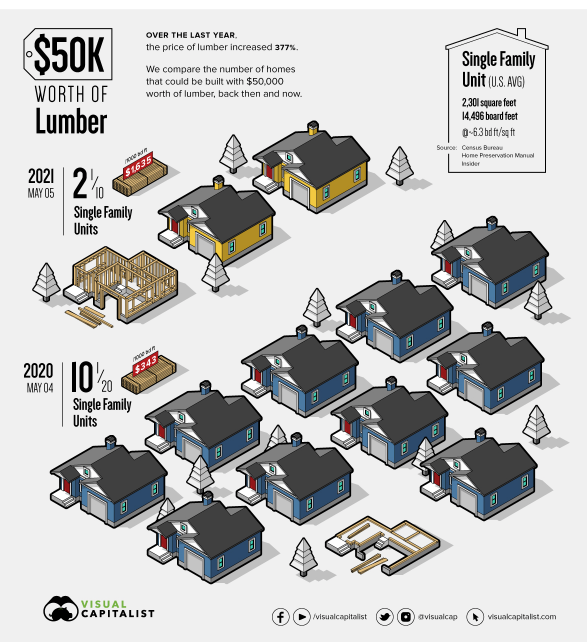I should have said “banks have to lend money to people that are going to spend it for there to be inflation.” We saw a relatively large increase in durable goods purchases and general consumer spending right after both direct stimulus checks yet bank reserves backed by tax payers are at historic levels and more of less have been since QE1 in 09.It's more than just that, it is that people then have to use the money for consumption rather than to build back personal balance sheets, etc. But you are right, and you hit at the crux of the issue. Fiscal policy only works if people are unaware it is happening, because as a surprise, it doesn't create perverse incentives. If people know what is happening, they react based on their future assumptions given the change in policy. To wit, they might tighten their belt and save because they fear that stimulus will be followed by tax increases. Banks are not immune to this, especially after having just fucked up royally, and in the 2009 case, being told that they were going to be evaluated for solvency every so often by the government's own black box metrics. So yes, you are correct. Arguably, there is a function that will describe the increase in information speed and how it has a negative effect on purposeful government actions as opposed to when only some people could read, and they had to read a newspaper.
GDP = M * V. There’s a whole lot of M and not a whole lot of V. GDP also equals C + I G + NX. Not a lot of C happening when income inequality keeps growing.
I think we have to worry more about becoming a second world country with no industry and a looming lost decade like Japan than we do about massive inflation.






